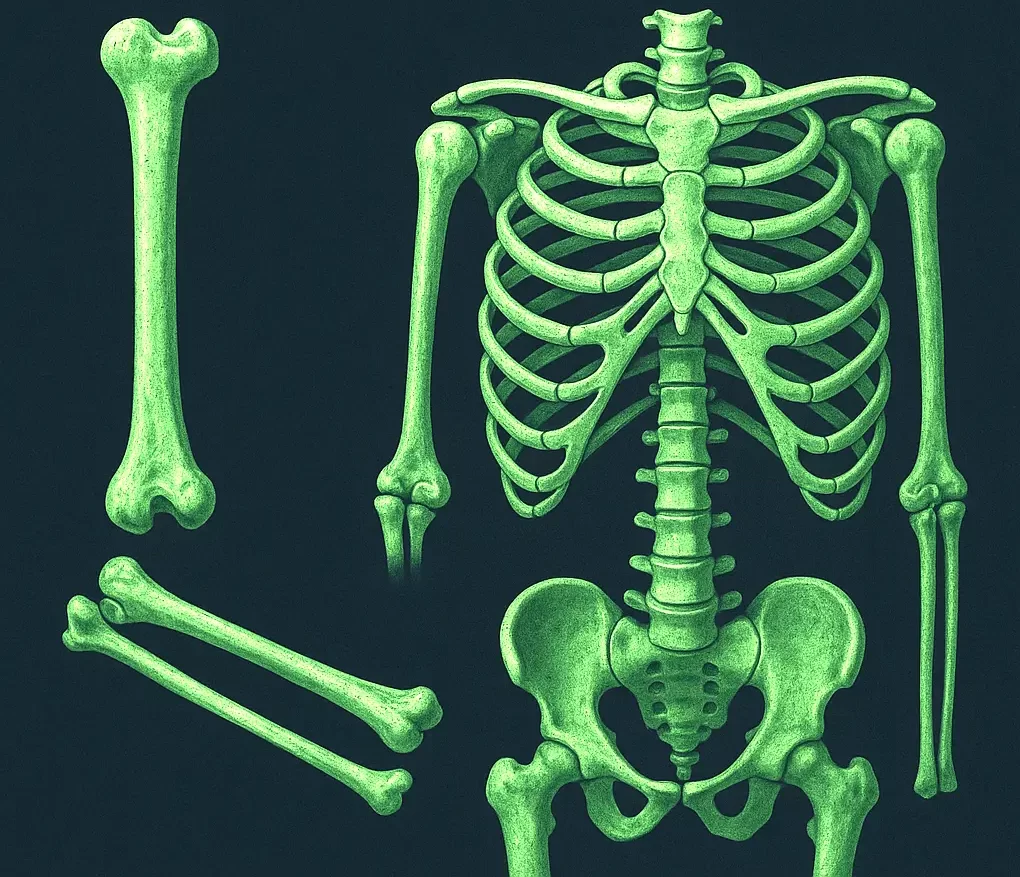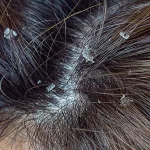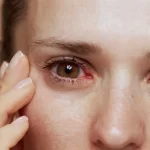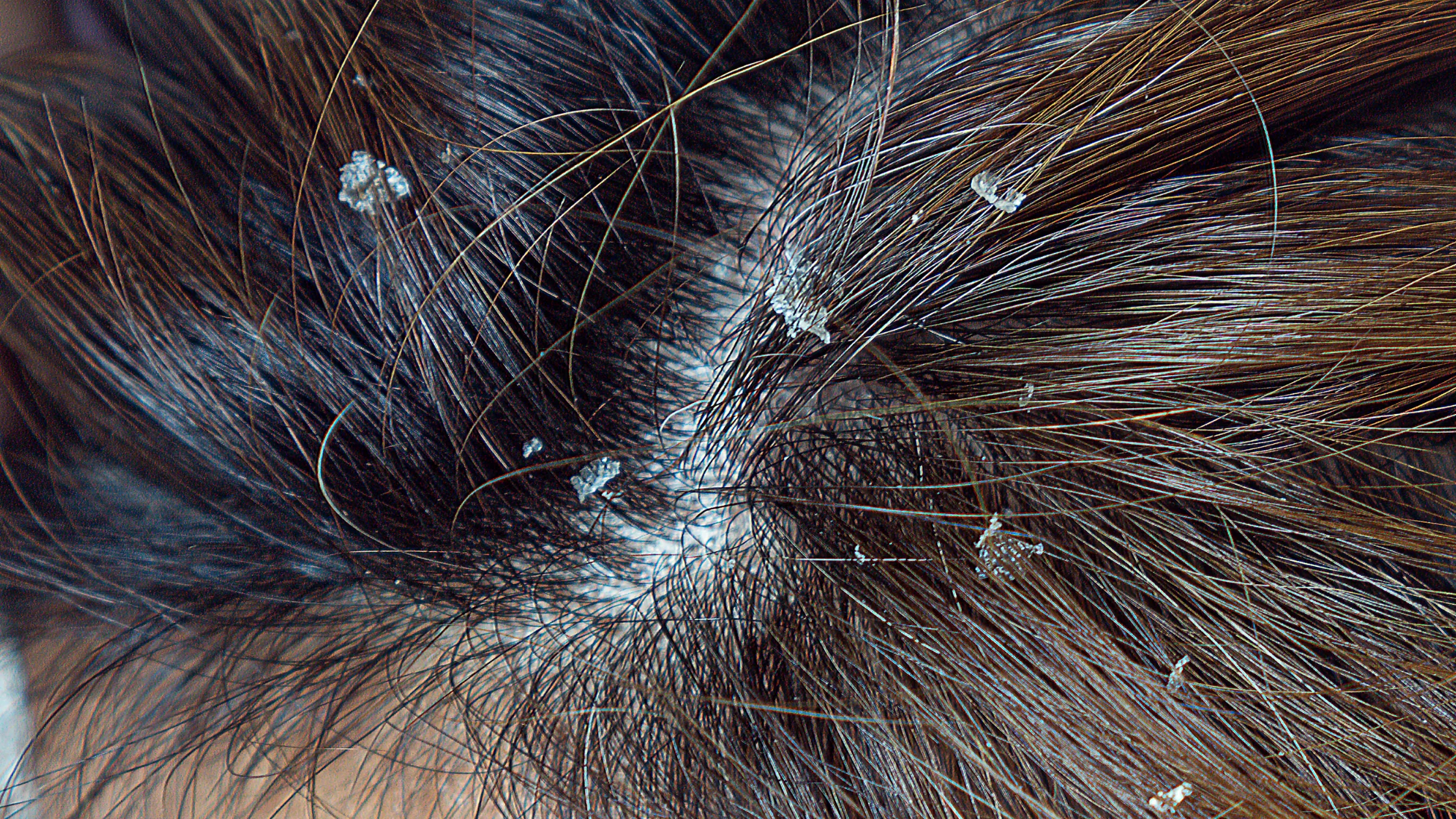Accutane can sometimes help reduce inflammation and flare-ups in individuals with hidradenitis suppurativa (HS); however, results vary from person to person. This oral retinoid, also called isotretinoin, works differently from drugs that target the immune system.
Doctors may use Accutane for hidradenitis in mild or early cases, often when acne is also present. Since HS is more than an oil gland problem, results can vary, so expert evaluation is essential. At DermOnDemand, Dr. Hannah Kopelman and her team review each patient carefully before adding isotretinoin to a treatment plan.
Key Takeaways
- Accutane can help some patients with hidradenitis suppurativa, mainly those in the early stages or with acne-like symptoms; however, results vary by individual.
- Isotretinoin works by reducing oil production and inflammation; however, HS often requires combined treatment that targets the immune system.
- Typical doses range from 0.3 to 1 mg per kilogram per day, and close medical follow-up with pregnancy tests is essential for safety.
- Common side effects include dry skin, joint discomfort, and mood changes, which dermatologists can manage through monitoring and dose adjustments.
- DermOnDemand’s board-certified dermatologists, led by Dr. Hannah Kopelman, evaluate each case to create personalized, safe treatment plans for hidradenitis suppurativa.
How Accutane Helps or Affects HS
Does Accutane help hidradenitis suppurativa?
Accutane, also known as isotretinoin, reduces oil production and inflammation in the skin. It is effective for acne, but hidradenitis suppurativa (HS) is a more complex condition.
HS happens when hair follicles get blocked, and the immune system overreacts. Some people experience fewer flare-ups on isotretinoin, while others do not notice a significant change. To understand how oil control works, you can read about Accutane and oily skin and its impact on sebum regulation.
Can isotretinoin treat HS effectively?
Isotretinoin can help alleviate symptoms in some people with hidradenitis suppurativa, but it is not a cure.
Studies show that results depend on the severity of the condition. The American Academy of Dermatology reports that isotretinoin may reduce flare-ups in early HS, especially when the lesions look like severe acne.
For moderate to advanced cases, dermatologists often combine it with other treatment options, such as antibiotics, hormonal therapy, or biologics, to achieve better control and reduce pain.
Typical isotretinoin dose for HS
In the United States, dermatologists typically initiate isotretinoin at a dose of 0.3 to 0.5 mg per kilogram of body weight per day, similar to the treatment for acne. Depending on how the skin responds, the dose may increase up to 1 mg per kilogram per day.
Treatment typically lasts four to six months, although some patients may require longer courses for stable results. Because hidradenitis suppurativa requires close monitoring, dermatologists carefully adjust the dosage and perform regular laboratory and pregnancy tests to ensure safety.
Why Accutane may not work for every patient
HS is not just an oil issue. Hormones, inflammation, and immune activity also play a role. That is why some patients experience improvement, while others do not. Setting realistic goals helps patients understand what to expect when treating hidradenitis suppurativa.
When to Use or Avoid Accutane for HS
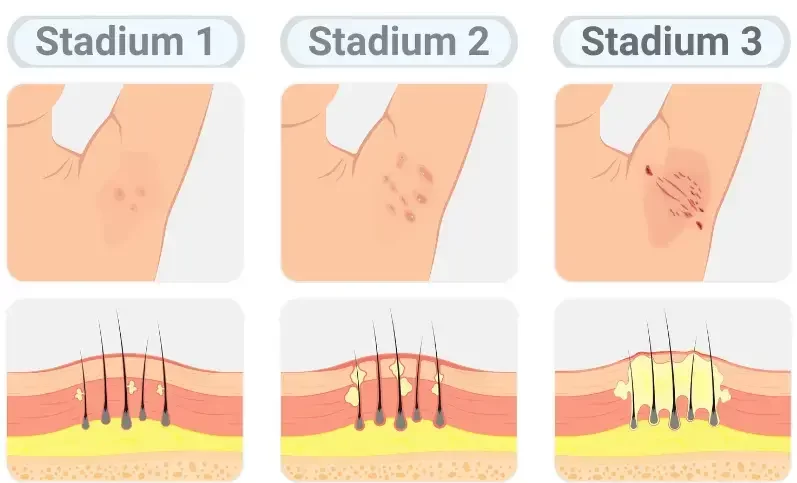
Who benefits most from Accutane treatment?
Accutane is best for mild to moderate cases of HS or for patients who also need to treat acne. It may help reduce painful bumps if started early. Dr. Kopelman’s team reviews disease stage, past medications, and health conditions before prescribing isotretinoin.
Can Accutane cause or exacerbate hidradenitis suppurativa or trigger flares?
Some patients report flare-ups while taking isotretinoin, though this is rare. These reactions may be caused by immune system changes, rather than the medicine itself. If inflammation increases, the dermatologist will reassess and may stop treatment. Regular follow-up helps keep patients safe.
Accutane Side Effects and Safety Management
Common and serious reactions
Accutane can cause dryness of the skin, lips, eyes, and scalp. You can learn more about isotretinoin side effects and how they may vary by dose or duration of treatment.
Other side effects can include joint pain, higher liver enzymes, or mood changes that may affect mental health. Because it can cause congenital disabilities, strict pregnancy prevention is required.
How dermatologists monitor and reduce risk
DermOnDemand specialists frequently run lab tests and monitor for side effects. Drinking more water, using moisturizers, and keeping treatment short can reduce dryness. Following your doctor’s advice helps avoid problems and improves results.
Other Treatments for Hidradenitis Suppurativa
Best medication for hidradenitis suppurativa
Many people respond better to biologics, such as adalimumab, than to oral retinoids. Biologics work by calming the immune system and stopping inflammation that causes HS lumps. Some patients who also experience acne benefit from exploring advanced acne treatment options under a dermatologist’s guidance.
Biologics, antibiotics, and hormonal options
Other treatment options include:
- Biologics – calm the immune system and prevent new flare-ups.
- Antibiotics – reduce bacteria and swelling.
- Hormonal therapy – helps when hormones trigger flare-ups.
Doctors choose the best plan based on the severity of HS and how patients have reacted to past treatments.
Skincare and lifestyle strategies
Simple habits can support recovery. Use gentle cleansers, wear loose clothes, and avoid friction on the skin. Keeping a healthy weight can help reduce breakouts. Dermatologists often combine medication with these habits for better control.
Talk to Your Dermatologist About Accutane
Key questions before starting
Ask your dermatologist:
- Is Accutane safe for my stage of HS?
- What pregnancy tests or labs do I need?
- How long will the treatment last, and what symptoms should I report to my healthcare provider?
Good communication helps you stay informed and safe during treatment.
Tracking progress and managing results
Keep notes on flare-ups, pain levels, and dryness. If side effects become difficult to manage, your dermatologist can adjust the dose or switch treatments. Regular check-ins help you stay on track and maintain skin progress.
Conclusions
- Accutane can help select patients, especially those with overlapping acne, for hidradenitis suppurativa.
- Response varies because HS involves the immune system and deeper inflammation than acne.
- Ongoing medical supervision and pregnancy tests are mandatory during treatment.
- Effective treatment plans often include additional options, such as biologics, antibiotics, and lifestyle modifications.
- Expert reviews from specialists, such as Dr. Hannah Kopelman, through DermonDemand ensure accurate diagnosis and personalized therapy.
Ready to take control of your skin?
Start your private online consultation with a board-certified dermatologist through DermOnDemand and get your personalized treatment plan within 24 hours.
This information is provided for educational purposes only and should not be used as a substitute for individualized care from a qualified dermatologist.



